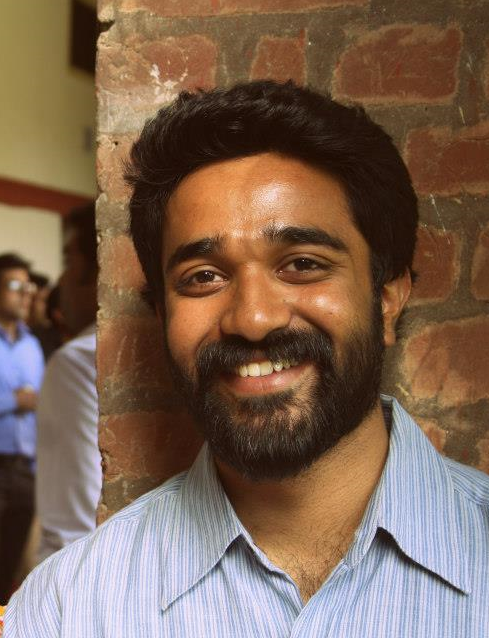Ashwin Varghese
There is an ongoing pandemic which has caused a global shutdown of travel. Several countries, both advanced capitalist countries like the US, and peripheral capitalistic economies like India, have implemented contingency measures where schools and higher educational institutions are being shut down to curb the spread of the novel Coronavirus (COVID-19). A common thread in these advisories is suspending classes, and shutting down campuses for a period of 2 weeks or more, and proposing self-quarantine for any cases as such. Most work in educational institutions that demand physical presence is now being moved online, these include classes, meetings, consultations etc. As an exchange scholar in the US currently, I’m experiencing these things first hand.
One strand of arguments pegs this as a contingency measure, to curb the spread of a contagious infection, by implementing social distancing measures, and asking people to stay put in the comfort of their homes. Here, so that regular progress of work is not affected, flexible modes are being experimented with, like shifting classes and assessments online. This is being done, to ease the burden on the existing healthcare system, if a large outbreak takes place. These are measures that many workplaces have also instituted, mostly big corporations.
With respect to this, some counter arguments have already surfaced, that state that these measures affect social groups differentially, whereby only certain classes of people are privileged enough to stay indoors and work in a global economy where much of the workforce survives on daily wage.
Furthermore, medical advisories in countries like the US and the UK asking people who develop any symptoms to not go to a hospital and rather stay at home and recover, so as to not burden the existing healthcare system, reveal two fundamental factors of its healthcare system. One, it reveals a flawed system of imagining healthcare which is private in nature, and not public. Second and more importantly, with such apparently cost effective measures to counter a pandemic, the responsibility of public healthcare is conveniently displaced onto the domestic sphere.
This is much more severe in advanced capitalist countries, which have absolutely no public healthcare systems to provide relief in times of crisis. Universities in the US, have suggested that students should go back home, as all coursework related obligations will be moved online. Granted that these are measures to prevent an outbreak, however, the burden of self-quarantine, which a nation state’s healthcare should be able to take care of in times of crisis, is instead being displaced onto domestic care work. When students stay home, and professionals work from home, many of the responsibilities of replenishing an individual’s capacity to work, falls on domestic care work, which disproportionately falls on women. In universities with housing capacities like hostels, dormitories, canteens, work spaces, many of these activities are taken over by the university infrastructure, and is paid for.
The assumption that staying home and working from home, is a virtually free measure that does not overburden the existing healthcare system, relies on two fundamental assumptions that form core features of capitalist economies: 1) Healthcare is not the state’s responsibility rather a service provided to those who can afford it and, 2) Much of care work that is crucial in healthcare is an obligation or the moral duty of the women of the household. It is for them to care for their families, and since it is not considered to be ‘work’, it remains unpaid and therefore free. It is worth noting that even in these times of a pandemic, the modern nation state relies on policies that effectively allows the state to shirk its responsibility of providing healthcare, by replacing it with an infrastructure of care through the exploitation of women’s unpaid work.

Ashwin Varghese is a PhD scholar in Sociology at the School of Liberal Studies, Ambedkar University Delhi. He holds Master’s degrees in English Literature, and Sociology, and has previously worked as a Research Assistant to Legislators at Rajiv Gandhi Institute for Contemporary Studies, Delhi. His doctoral work focuses on understanding power relations in the everyday of police stations in India. His broader research interests include political economy, state, law and public policy.
